The US Supreme Court leaned toward upholding a law that would force the sale or ban of the TikTok app in the United States on January 19, as justices highlighted national security concerns related to China.
National security risks
During nearly three hours of arguments, the nine justices pressed lawyers representing TikTok, its Chinese parent company ByteDance, and the app’s users about the risk that the Chinese government could exploit the platform to spy on Americans and conduct covert influence operations.
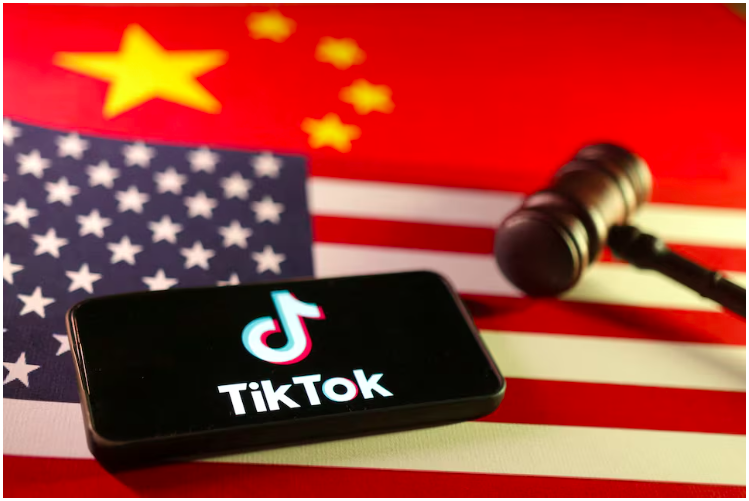
The US Department of Justice has repeatedly cited national security reasons to force ByteDance to divest from TikTok.
“Should we ignore the fact that the ultimate parent company is actually responsible for conducting intelligence work for the Chinese government?” conservative Chief Justice John Roberts asked Noel Francisco, a lawyer for TikTok and ByteDance.
Companies and users have sued the Supreme Court to block the law, which passed Congress with strong bipartisan support last year and was signed by outgoing Democratic President Joe Biden. They appealed a lower court ruling upholding the law, arguing the ban violates the U.S. Constitution’s right to free speech.
Several justices raised concerns about the law’s impact on free speech, but their primary concerns appeared to center on national security implications. A foreign-owned social media platform could collect data from a domestic user base of 170 million Americans, about half the US population.
Conservative Justice Brett Kavanaugh asked Francisco about the potential long-term risks of China collecting data on users, especially those who flocked to the app as children, and using “that information over time to develop spies, to turn people into subjects, to blackmail people — people who a generation later will work at the FBI or the CIA or the State Department.”
ByteDance must divest, or TikTok must close by January 19
The Supreme Court's consideration of the case comes at a time of heightened trade tensions between the world's two largest economies, the US and China. Republican Donald Trump, who will begin his second term as president on January 20, opposes the ban.
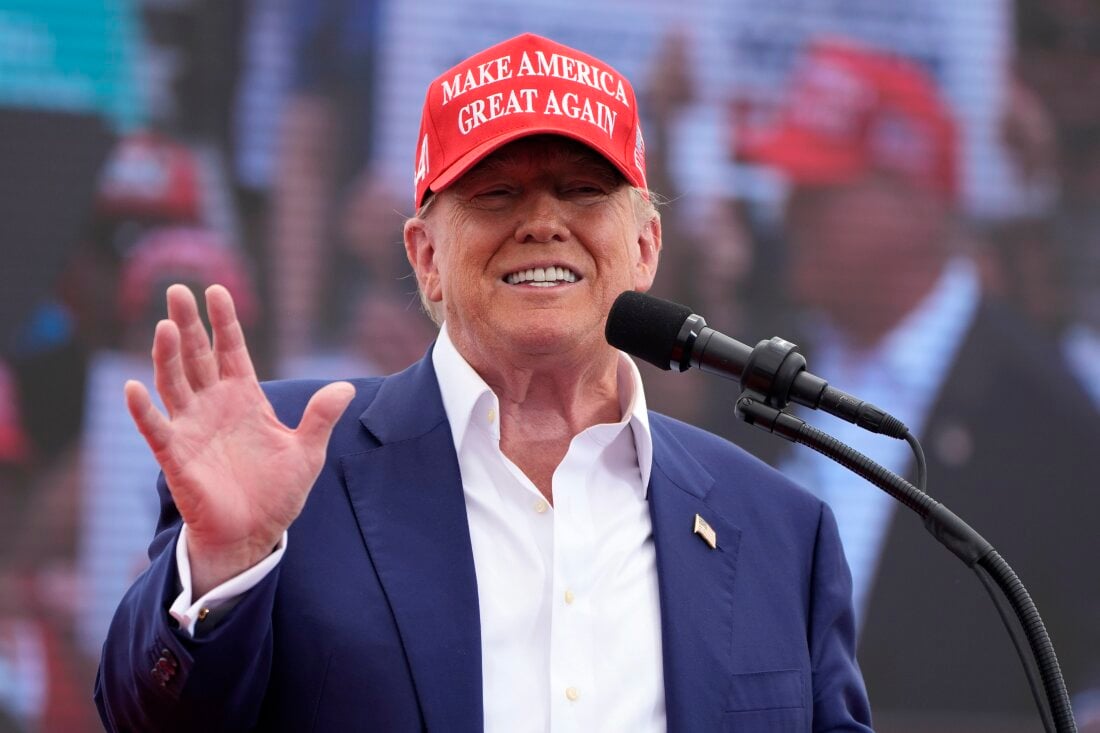
President-elect Donald Trump's support may not be enough for ByteDance to keep TikTok.
On December 27, 2024, Mr. Trump urged the court to postpone the January 19 divestment deadline to give his new administration "an opportunity to pursue a political solution to the questions at issue in the case."
Francisco, the lawyer, called the app one of the most popular platforms for speech among Americans and said it would essentially shut down on January 19 if ByteDance did not divest. The real goal of the law, he said, “is to express the fear that Americans, even when fully informed, can still be persuaded by Chinese disinformation.”
Citing Mr Trump's stance on the case, lawyer Francisco asked the justices to at least temporarily suspend the law, "which will allow you to carefully consider the important issue and, for the reasons that the president-elect explains, potentially dismiss the case."
Conservative Justice Samuel Alito then raised the possibility of the court issuing a so-called administrative stay, which would temporarily freeze the law while the justices decide how to proceed. However, so far, there has been no final ruling from the Supreme Court on TikTok's fate in the US.
At the Supreme Court, lawyers for TikTok and ByteDance cited the example of Amazon boss Jeff Bezos also owning the Washington Post. So which country could control Mr. Bezos, thereby directing the newspaper to serve secret purposes. However, that is a lame comparison, simply because Mr. Bezos is American, and TikTok is owned by ByteDance (China). The intention of the January 19 ban is to force the Chinese owner to divest from TikTok, not to force the platform to close permanently.
(Source: Reuters)
Source: https://www.baogiaothong.vn/toa-an-toi-cao-my-nghieng-ve-lenh-cam-tiktok-192250111122504519.htm




![[Photo] Closing of the 14th Conference of the 13th Party Central Committee](https://vphoto.vietnam.vn/thumb/1200x675/vietnam/resource/IMAGE/2025/11/06/1762404919012_a1-bnd-5975-5183-jpg.webp)



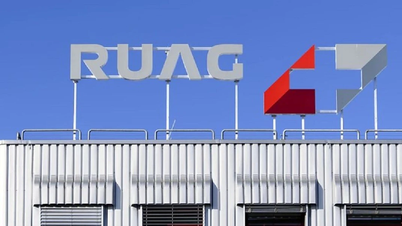



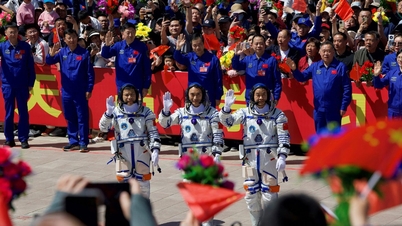

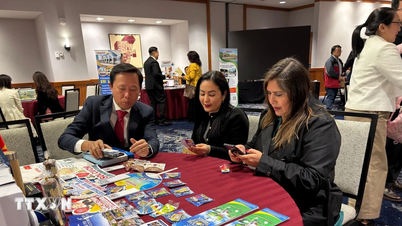


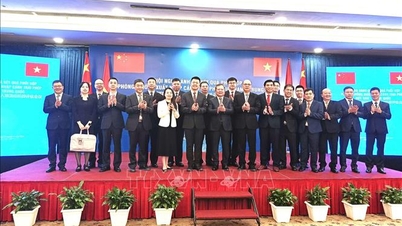

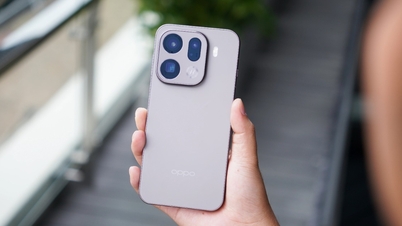




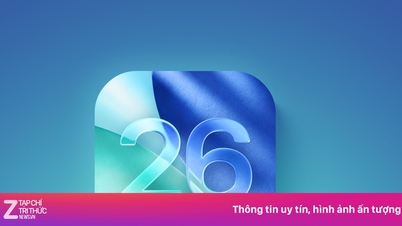

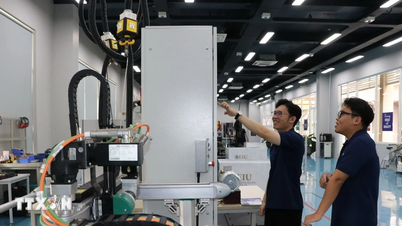
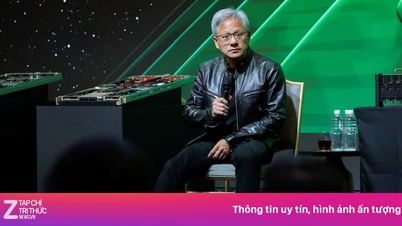








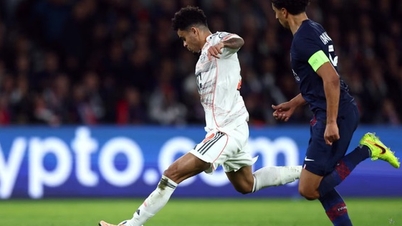
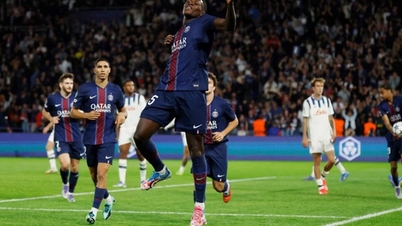






















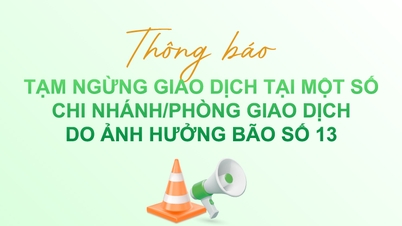



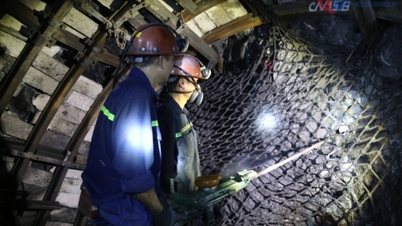


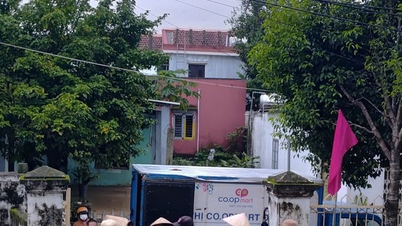















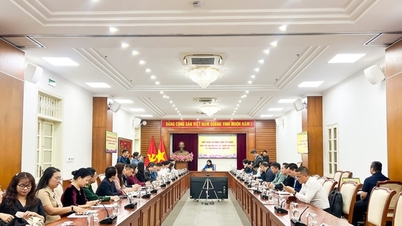




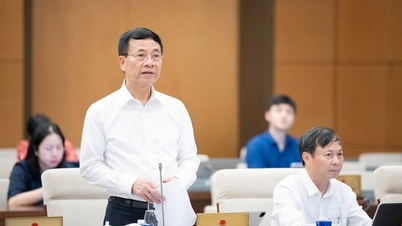




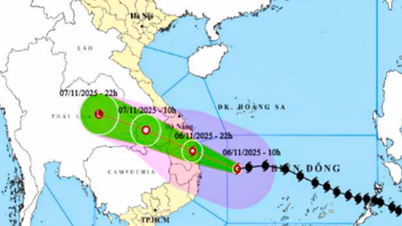



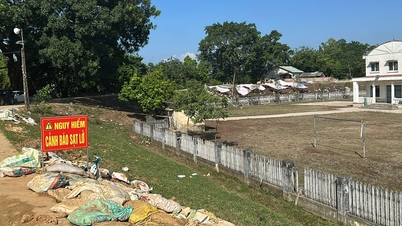
















Comment (0)